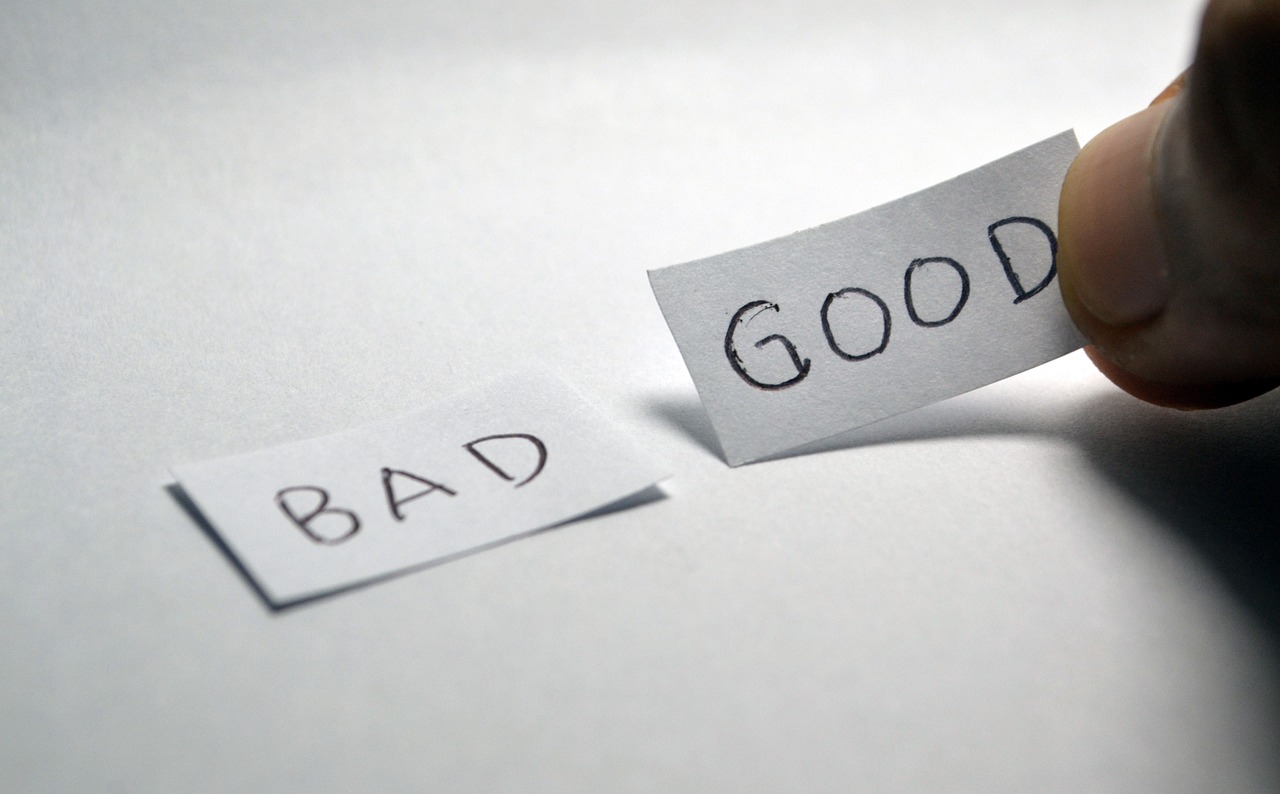Are you an optimist or a pessimist? I suppose this is an unfair question.
I think we are all born with a certain set point about how we approach events and conditions and then we learn and develop filters, lenses, and mental models that further shape how we see ourselves in relationship to events and conditions.
The greater the uncertainty of events and conditions the easier it is to experience our world through the lens of pessimism and more difficult it is to be optimistic, sometimes without noticing, without awareness, of our individual and group tendencies, views, and filters. We have our individual patterns and these, like all emotions, are influenced by our families, friends and communities. You might say these approaches, how we view conditions and events, are inherited, learned, and contagious.
Mindfulness practice and mindful leadership aspires to shape and train people to see through the lens of what is – to fully experience pain and suffering, to clearly see and feel threats and falsehoods, and at the same time to cultivate an overall container, an underlying approach of appreciation, curiosity, and possibility.
Of course we are all influenced by uncertainty, by conditions and events. Mindfulness practice and mindful leadership provides a set of practices for training the mind and body in greater curiosity, listening, and love, as well as skillful, engaged action.
Right now in this time of heightened uncertainty, I’m juggling feelings of concern along with cautious optimism, pretty much daily. I think it’s the same for many of us.
To experience concern means to feel worried, disturbed, uneasy, and/or anxious. The Latin root of the word points to a broader meaning of “perceiving together.” The Latin root seems so much more pleasant!
October 13, 2020 marked the 7-month anniversary of my transition to a life of social distancing and working entirely from my home. On March 1st, I began a resident teacher month-long retreat at the San Francisco Zen Center. It was cut short on March 13th as the pandemic became more prominent.
I’m concerned that 7 months later the infections and deaths in the United States continue to rise. I’m concerned about the levels of isolation and the strains being put on many parts of our workforces and families. The lack of a plan, of unity, of a scientific or sane approach is disturbing. I feel worried, uneasy, and disturbed that we are all vulnerable (with the exception of our President, apparently).
I’m concerned about the strength and viability of our democracy, about what will happen on election day, and that the days, weeks, and months that follow November 3rd could be chaotic, divisive, and perhaps even violent.
I’m concerned about our ability to acknowledge and transform racism within the U.S. and that we are stuck in old and outmoded approaches and mindsets.
And I’m concerned about the biodiversity of life on our planet and all of the ways human activity, avoidance, and ignorance are negatively impacting the health and our living systems.
To be optimistic means that you’re disposed to take a favorable view of conditions or events. The root of the word optimism is “the greater good” and “the best.”
I’m cautiously optimistic about the creativity and intelligence of the scientific community and their ability to find effective and safe paths and solutions to working with COVID in the U.S. and throughout the world.
I’m cautiously optimistic about our business leaders, business community, and educators becoming more conscious, aware, caring, and compassionate, and their ability to adapt and forge inspiring and effective solutions to difficult problems.
Although I have concerns, I’m also cautiously optimistic about the strength of our democracy. Despite the challenges and chaos there are many devoted people who are committed to the greater good and wanting the best for everyone; people willing to challenge those misusing power and bending the truth to suit individual and narrow interests.
I’m cautiously optimistic regarding our ability to move beyond fear, tribalism, and to transform the inner and outer systems of racism so that we stay open to our common humanity.
I’m cautiously optimistic that the time is ripe for the U.S. and the world to come together to find creative solutions to renewing biodiversity and healthy living systems.
In the same way that we practice how to skillfully weather the negative effects of concern and worry, we are also free to practice the cultivation of cautious optimism. I make a point of doing this daily. Here are some of the resources that have helped me recently:
-
-
- Cultivating Our Capacity to Respond: Sensory Awareness and Anti-racism. On October 24 and 25, from 9am to 1pm Pacific, my wife Lee Klinger Lesser, and Jarvis Jay Masters, a long term inmate on death row in San Quentin Prison, will be co-leading a benefit workshop for the Equal Justice Initiative. EJI is committed to ending mass incarceration and excessive punishment in the United States, to challenging racial and economic injustice, and to protecting basic human rights for the most vulnerable people in the American Society. Click here for more information and to register.
-
- Thich Nhat Hanh, a Vietnamese Zen teacher has written numerous books on mindfulness and engaged action. The Miracle of Mindfulness is one of his early works. Here is a short video clip of him responding to the question: How do I stay in the present moment when it feels unbearable?
- A Life On Our Planet with David Attenborough is an excellent, moving, and ultimately hopeful film about climate change, including its causes and possible solutions. As with all of Attenborough’s works, it’s visually stunning and inspiring. You can find it on Netflix.
-

